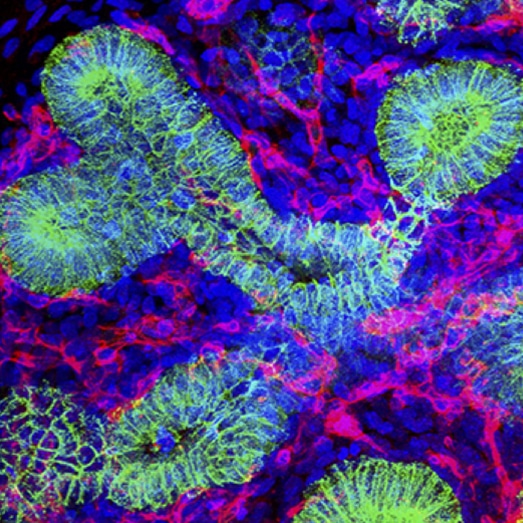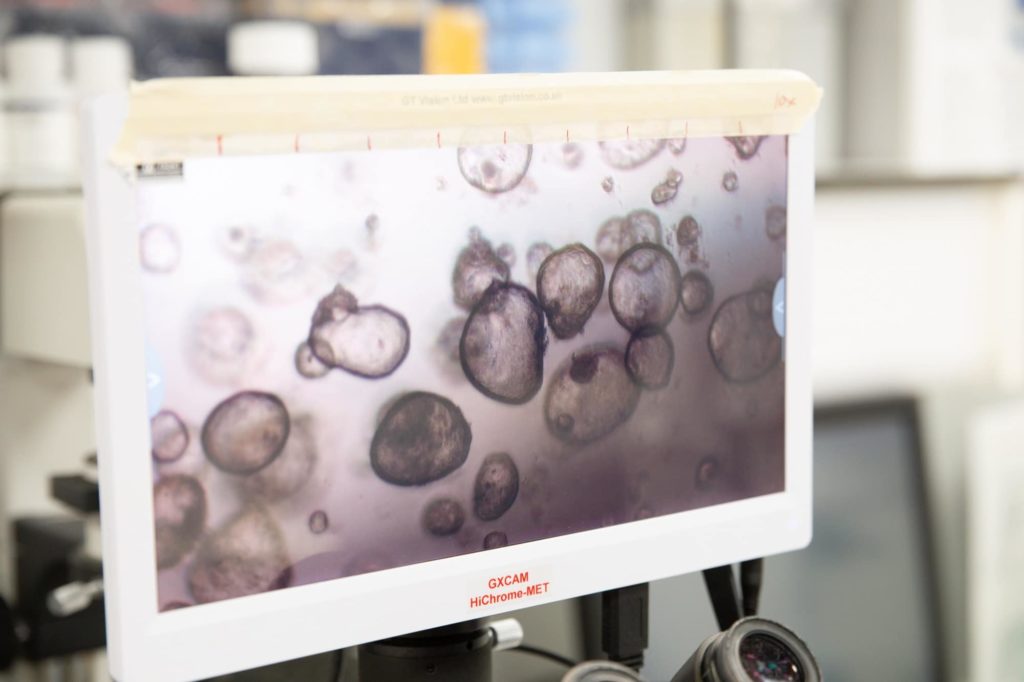Tracing the origin of PGCs in rabbit
October 12, 2021
Read more
Naomi Clements-Brod and colleagues from the public engagement team within the Human Developmental Biology Initiative, a Wellcome-funded research consortium, present a Perspective article on their approach to involving the public in research. The authors discuss why and how they have convened an ‘insights group’ of engaged members of the public to meet regularly with the researchers, starting early in the project, for mutual learning as the research progresses.
Clements-Brod N et al. (2022) Exploring the challenges and opportunities of public engagement with fundamental biology. Development 149, dev201170. DOI: 10.1242/dev.201170.

The Human Developmental Biology Initiative (HDBI) is a Wellcome-funded research consortium involving scientists based in institutions across the UK and Europe. It aims to pioneer new technologies and techniques to answer fundamental questions about human development and could, therefore, eventually improve treatments for fertility, birth defects and developmental diseases, as well as aiding regenerative medicine.
HDBI research relies on human fetal and embryonic tissues donated following pregnancy terminations or fertility treatment. The situations in which these tissues are donated, their use in research and the potential healthcare impacts of this work all present complex ethical and moral questions that are of interest not only to scientists but also to the public. As such, HDBI’s public engagement programme ‘What makes us human?’ aspires to test new ways of engaging the public with fundamental biology.
In this brief Perspective, we provide an overview of this public engagement approach, exploring its challenges and opportunities, and outline our longer-term plans. We hope that by sharing our experiences we will encourage and enable others to organise similarly experimental public engagement, even if their research is very fundamental or potentially controversial.
 Microscope view of lung organoids in culture from the Rawlins lab
Microscope view of lung organoids in culture from the Rawlins lab